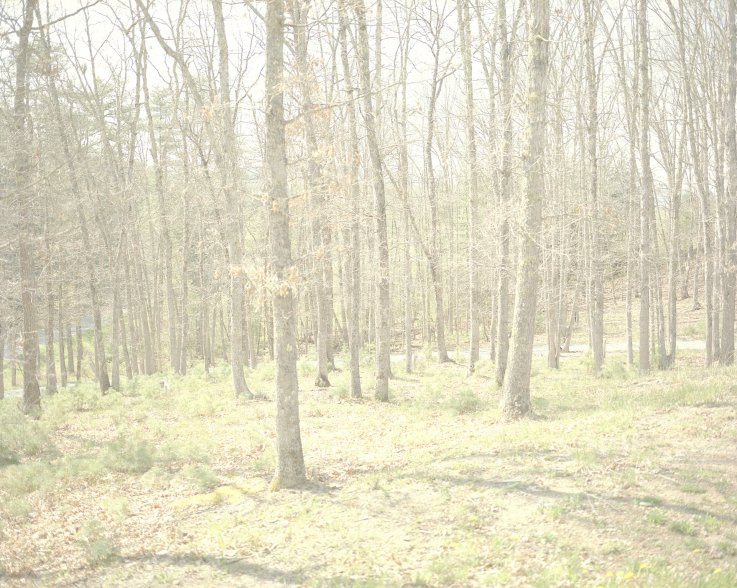Seeking Radio Silence in West Virginia's Quiet Zone

The town of Green Bank, West Virginia, is a sleepy Appalachian town, the kind one might move to in order to escape the grind of urban centers and bustling suburbs.
But its 143 residents didn't exactly move there for literal quiet. Green Bank is located in eastern West Virginia, in what's known as the National Radio Quiet Zone, where radio transmissions are heavily restricted and cellphones are scarce, all in service of actual radio silence for the world's largest steerable radio telescope. The Robert C. Byrd Green Bank Telescope, which opened in 2001 and is operated by the National Radio Astronomy Observatory, is used to detect electromagnetic signals in deep space. Any man-made interference limits its ability to "hear" information from the universe's farthest reaches, necessitating its location in Green Bank.
Between 50 and 60 of Green Bank's residents suffer from electromagnetic hypersensitivity (EHS), a condition purported to be a debilitating sensitivity to the electromagnetic waves emitted by Wi-Fi routers and cellphone towers. Its sufferers report experiencing headaches, nausea, nosebleeds, sleep problems and other symptoms they believe are connected to exposure to such waves. Though medical research on the persistent condition is still scarce, it often inspires sufferers to rearrange their lives to limit such exposure, insulating their living spaces, eschewing wireless technology and, for some, moving to Green Bank.
[Related: Wi-Fi Is Making People Sick]
Photojournalist Jim McAuley heard about the community in the Quiet Zone on the radio while driving and visited the remote corner of West Virginia in 2014 and again in 2015.
"Reading up on it, I saw that a lot of the coverage was missing much depth beyond just stating how bizarre it was that this place existed," McAuley tells Newsweek. "I wondered about what the people of the story looked like and what more nuanced narrative existed behind it all."
Diane Schou was one of the first people to seek out Green Bank as a refuge from her EHS symptoms and one of the first people McAuley ran into; she, like many of the others, was eager to talk. It was like finding a "shipwreck survivor who had been floating at sea," McAuley says. Many of them jumped at the opportunity to tell lengthy stories of their own journeys to Green Bank, which previously found no audience outside those who shared their medical condition.
He subsequently ventured out to photograph the town itself and local residents not contending with the disorder, hoping to portray the nuanced, deeper stories present in a town that is known for being a haven for EHS sufferers but does not define itself solely by the existence of the Quiet Zone.
The approach is present in the images in his project, titled Quiet!—a satellite dish looming in the distance near a ball field; an overexposed forest, devoid of people but seemingly crackling with invisible energy—that neither delegitimize nor exoticize the EHS sufferers whose stories impel them to move to Green Bank's Quiet Zone.
"It was just a side note of life to most residents of the county. You could drive through the zone for a couple of hours and not notice you were in it, except that maybe you wouldn't have cell service or good radio signal," McAuley says. "The whole thing is very subtle, and that was a theme in my work—to present a subtle and looming tension without being too heavy-handed."



